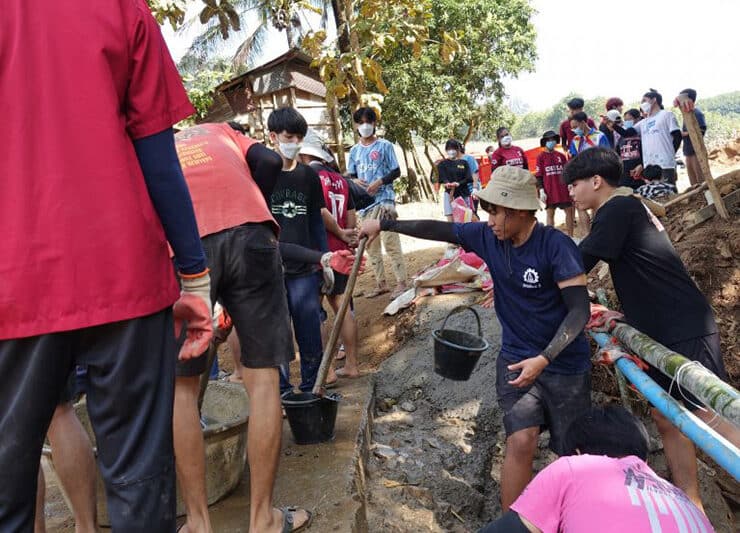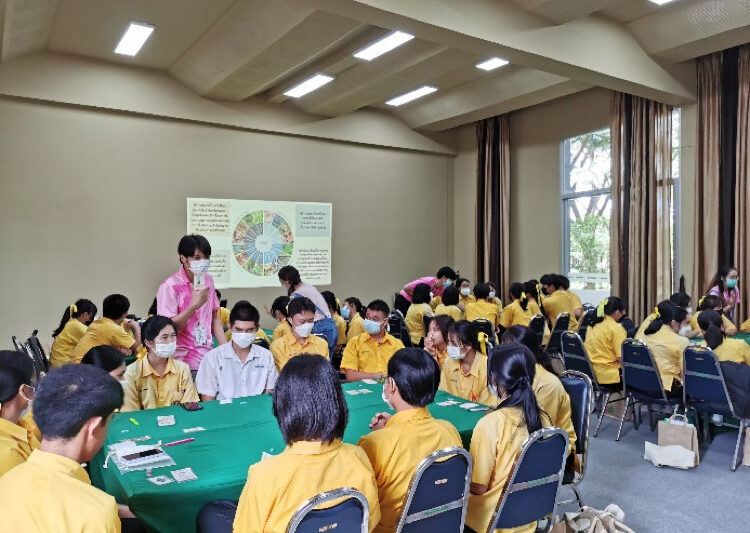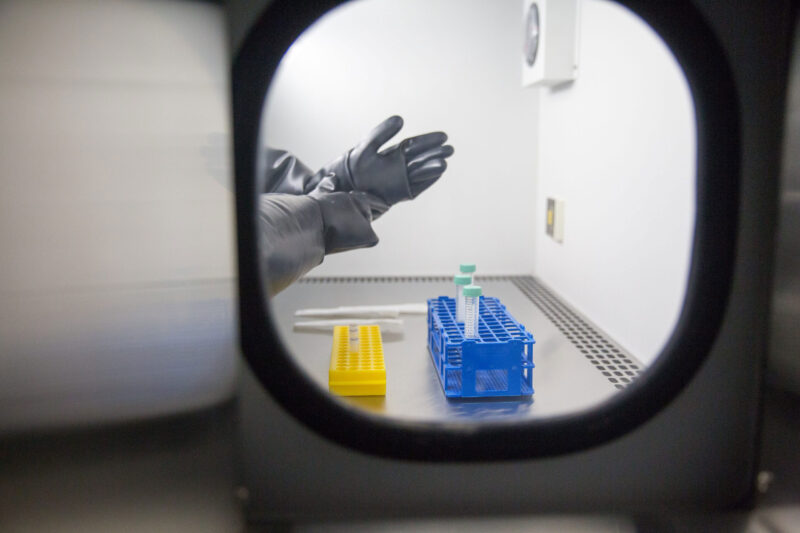Chulalongkorn University and Partnerships for Reviving Thailand’s Community Forests: Sustaining Forests, Empowering Communities
Community forests are areas where local residents can access and utilize forest resources as part of their traditional way of life. These include the collection of non-timber forest products for food, herbal medicine, and income generation. Communities take collective responsibility for managing and protecting these forest areas, which serve as buffer zones to prevent encroachment into national conservation areas.
However, many community forests have degraded over time due to recurring wildfires and environmental changes that hinder natural regeneration. As a result, local villagers have increasingly encroached on protected forest zones. Restoring the health and fertility of these community forests would not only allow communities to sustainably benefit from the forest once again, but also strengthen environmental stewardship and enable the forests to function as effective buffer zones between villages and protected areas.
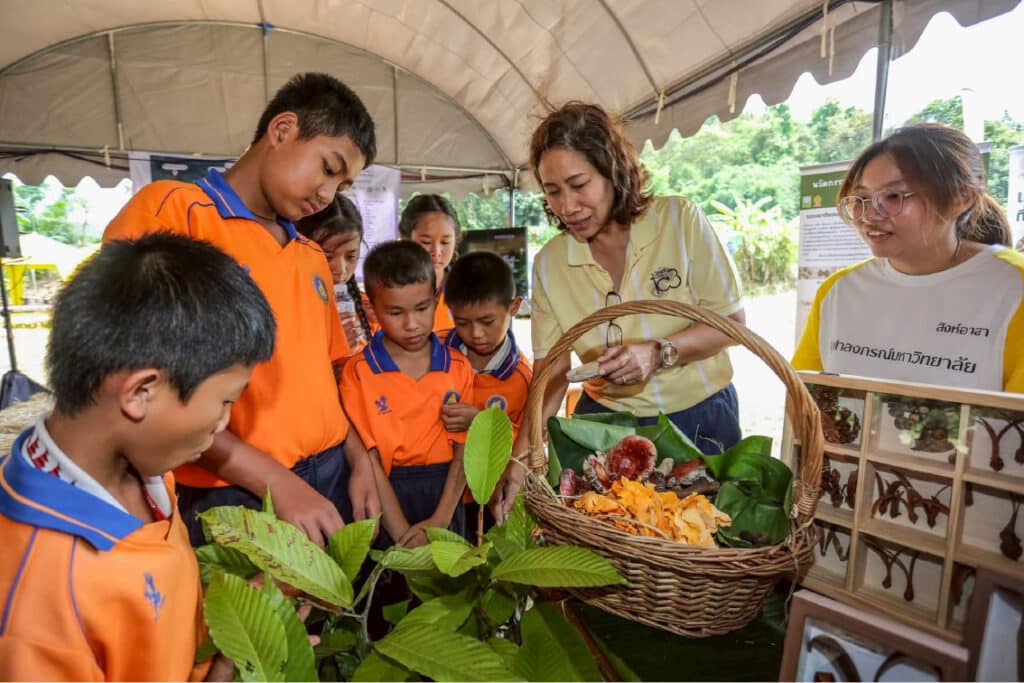
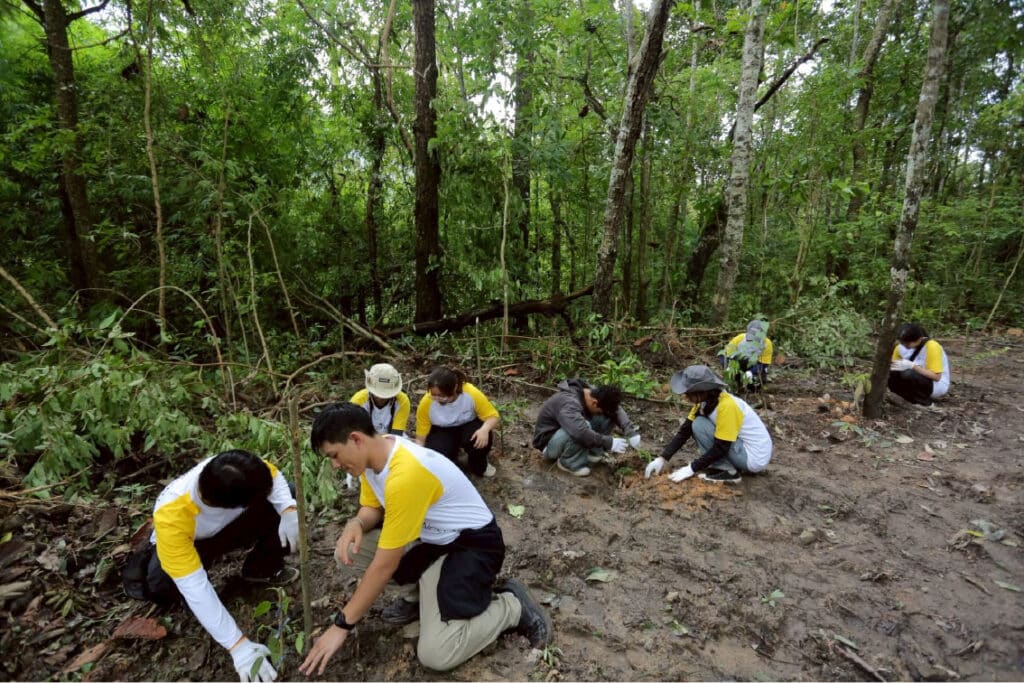
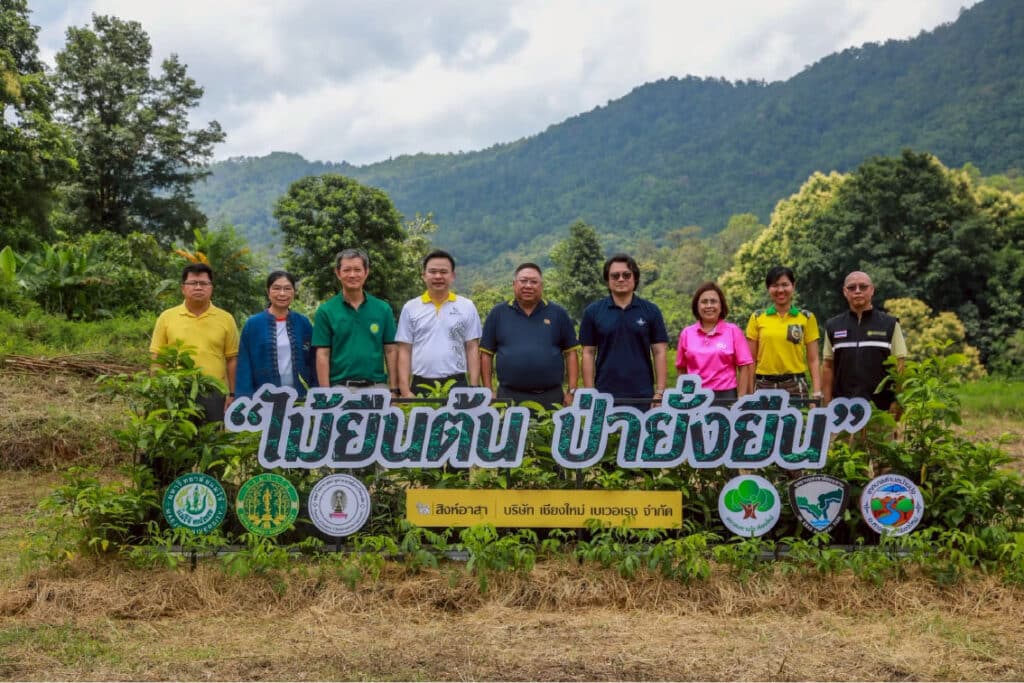
The “Mai Yuen Ton, Pai Yang Yuen (ไม้ยืนต้น ป่ายั่งยืน)” Project is a continuing reforestation initiative focused on rehabilitating upstream forest areas in six model communities in Hang Dong and Mueang districts, Chiang Mai Province. It was launched by Singha Arsa volunteers, under the Phraya Bhirombhakdi Foundation and Boon Rawd Brewery Co., Ltd., in collaboration with several universities led by the Faculty of Architecture and Environmental Design, Maejo University, and the Faculty of Science, Chulalongkorn University.
The project aims to strengthen community-based protection of forest boundaries and prevent wildfires from spreading into national park areas, reinforcing the concept of “People live well, forests thrive, and wildlife find refuge.” Since its launch in 2022, the project has successfully achieved an 80–90% survival rate of newly planted trees. This success is attributed to strategic planting seasons, the selection of appropriate local species, and community participation as the driving force behind the initiative.
The project has received strong collaboration from partners such as Chiang Mai Beverage Co., Ltd. (a Boon Rawd affiliate), Chiang Mai Breath Council, Ban Pong Municipality, Doi Suthep–Pui National Park, Forest Resource Management Office 1 (Chiang Mai), and Singha Arsa student networks from 13 northern universities.
Since its third year (2024) onward, the project has incorporated mycorrhizal fungi technology, based on over 20 years of research by the Faculty of Science, Chulalongkorn University. This knowledge transfer includes on-site demonstrations and training sessions for community leaders and youth on how to inoculate the forest soil with mycorrhizae to enhance soil fertility and mushroom productivity.
[ https://mgronline.com/local/detail/9680000072460 ]
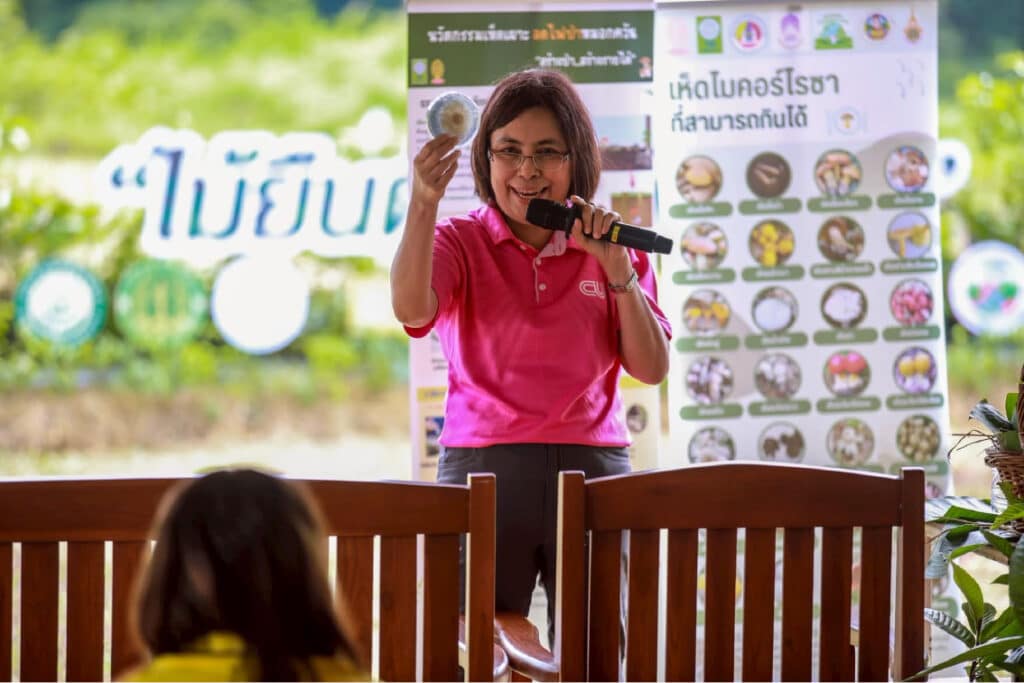
Mycorrhizal fungi form a mutualistic relationship with trees—exchanging nutrients from photosynthesis for minerals and water absorbed by the fungi. These underground fungal networks also connect multiple trees through a system often referred to as the “Wood Wide Web,” enabling nutrient exchange and ecological resilience. Thus, promoting healthy soil microbiomes—particularly beneficial fungi like mycorrhizae—is vital to effective forest restoration.
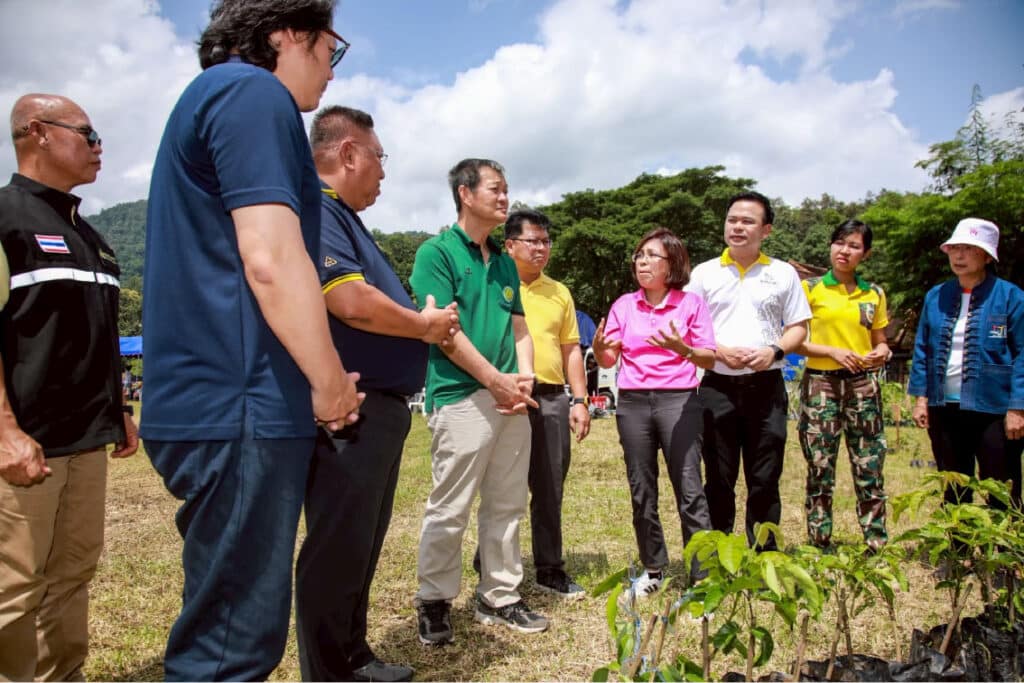
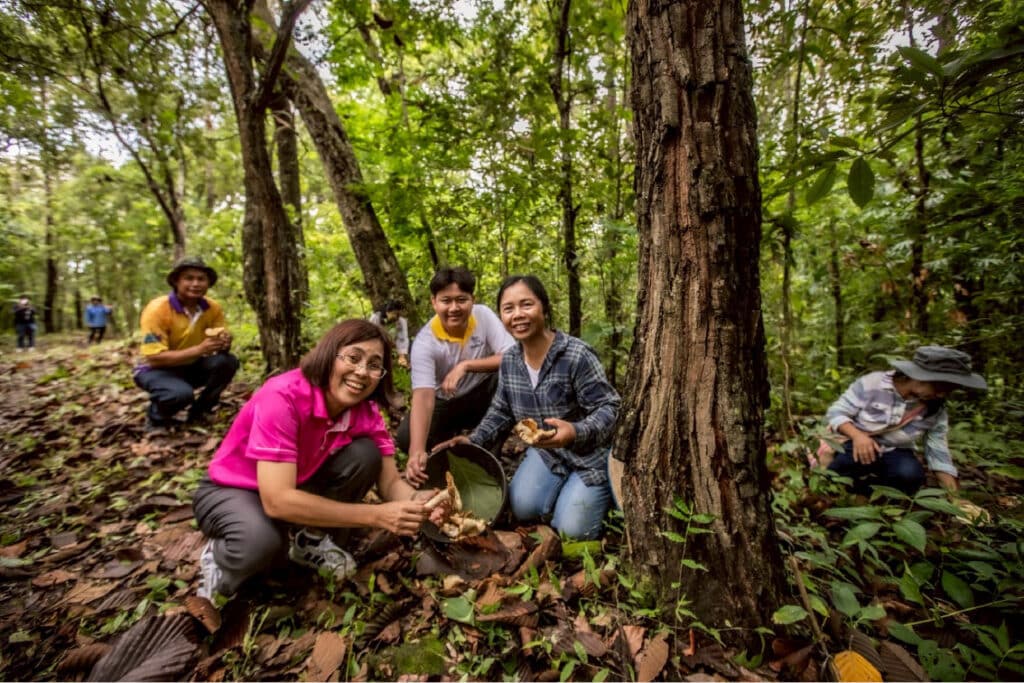
In addition to the “Mai Yuen Ton, Pai Yang Yuen” project, the “Restoration of Degraded Community Forests in Thailand for Ecological Balance and Sustainable Livelihoods” initiative continues this work in Saraburi Province and other regions. Conducted in collaboration with the Native Forest Restoration Foundation and supported by the EarthCare Foundation, this project combines the use of local tree species with mycorrhizal inoculation to rehabilitate degraded forests.
The initiative also promotes local employment in seedling cultivation and post-planting maintenance. As community forests recover, local residents can sustainably harvest forest products such as herbs and wild mushrooms for consumption and income. The project thus enhances community awareness of natural resource value, supports food and income security, and strengthens long-term coexistence between people and forests.
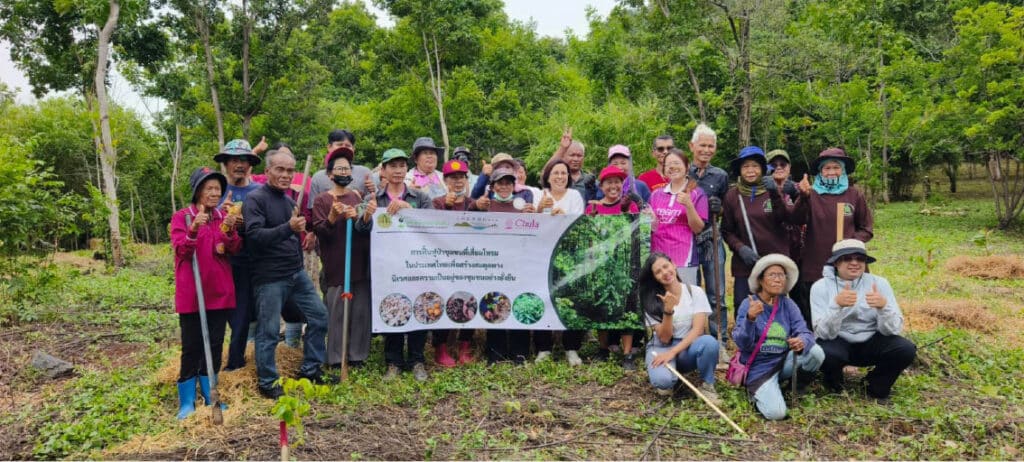
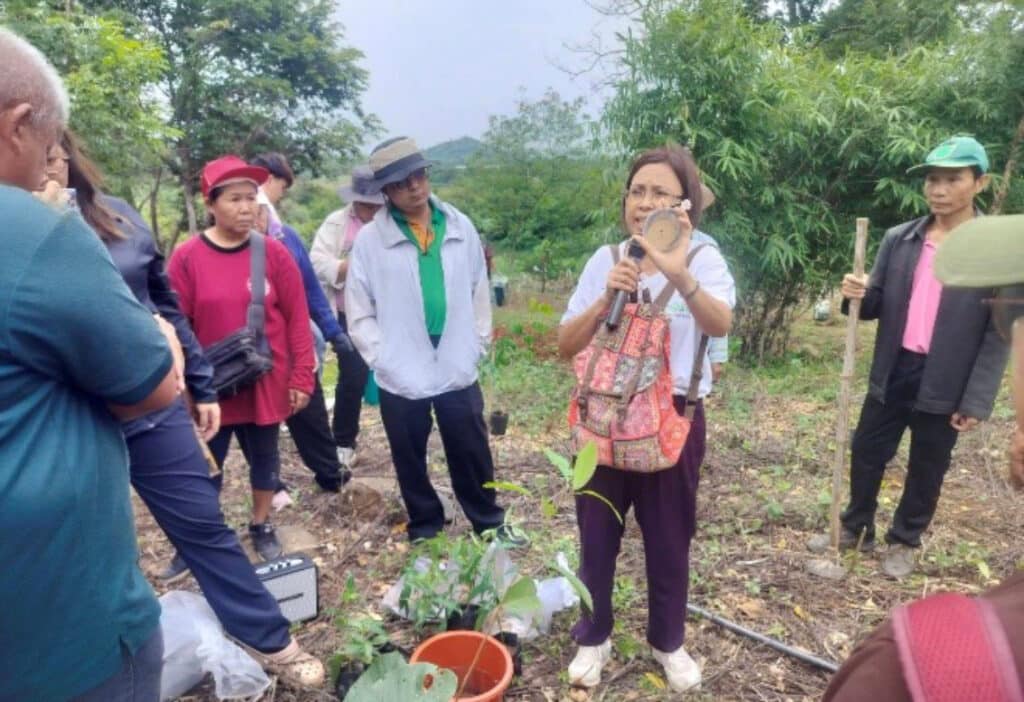
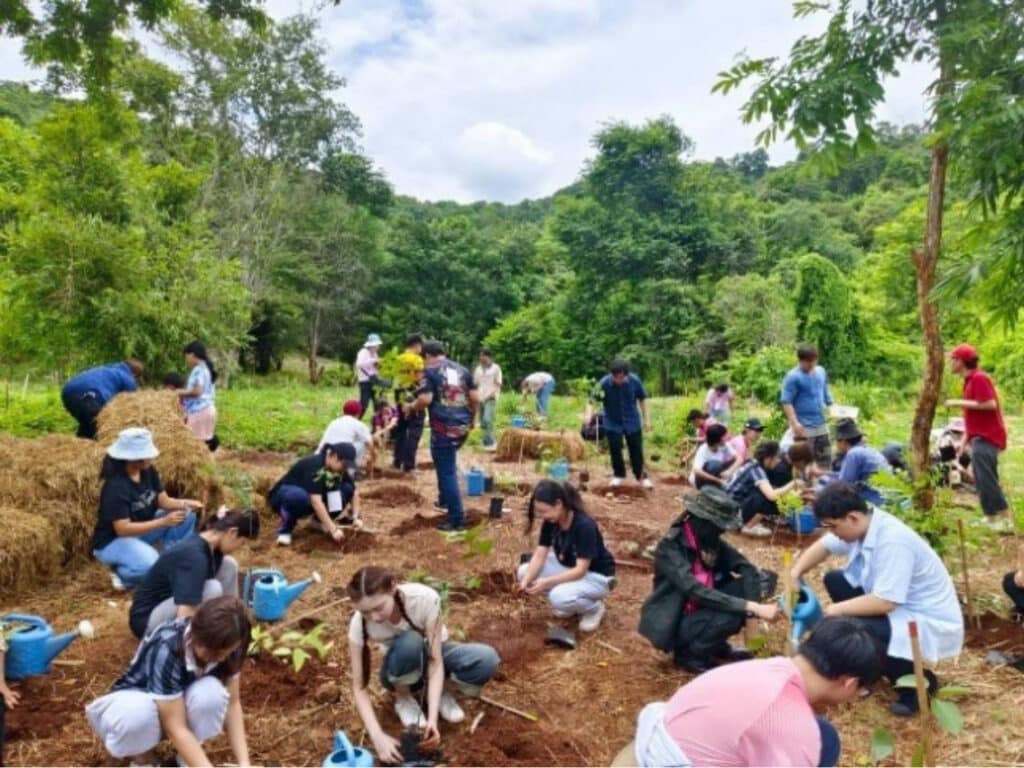
By
- Faculty of Science, Chulalongkorn University
- Center of Learning for the Region, Chulalongkorn University
Others

